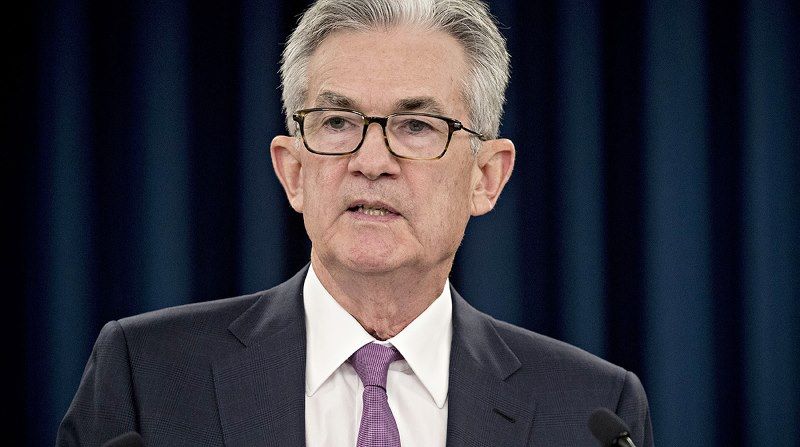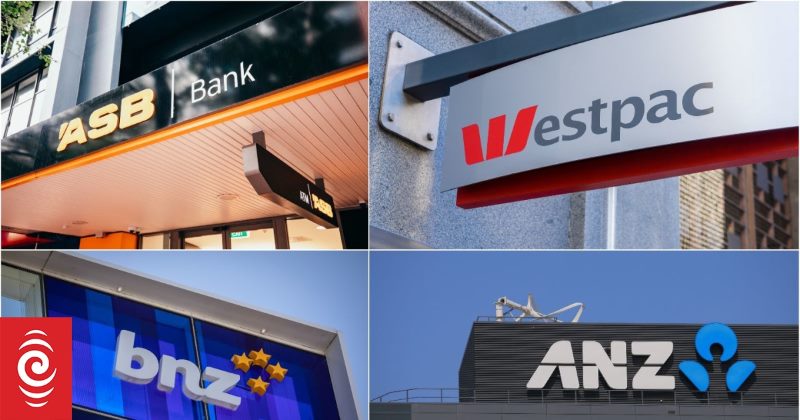The nation’s largest banks amid rising inflation, including JPMorgan Chase, Wells Fargo, and Citigroup, are grappling with significant financial hurdles exacerbated by elevated interest rates. As inflation continues to surge, these banks face tightened profit margins and increased difficulties for consumers navigating higher borrowing costs.
Second-Quarter Performance
On Friday, JPMorgan Chase and Wells Fargo reported declines in their second-quarter profits. Despite Citigroup managing a profit increase, challenges loom large across the banking sector. Citigroup’s profitability was bolstered by stringent cost-cutting measures, yet it allocated more provisions for potential credit-card losses, indicating ongoing economic uncertainties.
Friday’s reports from JPMorgan Chase and Wells Fargo signaled profit declines, while Citigroup’s cost cuts helped, economic uncertainties persist, according to WSJ Print Subscription.
Impact of Federal Reserve Actions
The Federal Reserve’s rapid rate hikes initially benefited banks by boosting loan profits while reducing interest payments on deposits. However, intensified competition for deposits has eroded net interest income, a critical measure of profitability. These rate hikes have also strained borrowers, contributing to higher delinquencies.
Market Reaction and Stock Performance
Following the earnings reports, bank stocks experienced declines. Wells Fargo saw the steepest drop of 6% after revising down its yearly outlook. JPMorgan and Citigroup also saw decreases in their share prices, underscoring investor concerns about future profitability amid economic turbulence.

Economic Uncertainty Prompts Powell to Consider Interest Rate
Economic uncertainty persists. During two days of congressional testimony this week, USA’s Fed Chair Jerome Powell articulated…
Detailed Financial Results
JPMorgan reported a 9% year-over-year decline in profits to $13.1 billion for the second quarter, excluding exceptional gains. Despite a reported increase in net interest income, sequential declines highlight rising deposit costs, a trend mirrored by Wells Fargo’s consumer-heavy business mix, which posted a 1% profit decrease.
Citigroup, amid restructuring efforts, reported a 10% profit increase to $3.22 billion, buoyed by revenue gains including those from a Visa share exchange. The robust stock market bolstered Wall Street activities, benefiting divisions such as investment banking, trading, asset management, and wealth management.
Sector-Specific Challenges
While JPMorgan and Citigroup benefited from higher investment banking revenues, Wells Fargo saw a rise in fees despite sequential declines, underscoring diverse sector-specific challenges amidst economic strain. Wells Fargo’s CFO highlighted increased loan charge-offs among lower-income consumers, reflecting a shift towards essential spending amid economic pressures.
Future Outlook
Looking ahead, banks amid rising inflation face navigating higher borrowing costs and potential paper losses on bond portfolios amidst uncertain economic prospects and persistent inflationary pressures. The path forward remains challenging, requiring strategic agility and resilience to navigate evolving market conditions and consumer dynamics.
Get a 2-year subscription to WSJ and Barron’s News, accessible on iOS, Android, PC, and Mac. Enjoy unlimited news from The Wall Street Journal and Barron’s, featuring Peggy Noonan’s insights, Barron’s stock picks, WSJ Live TV, audible articles, and Barron’s magazine.

